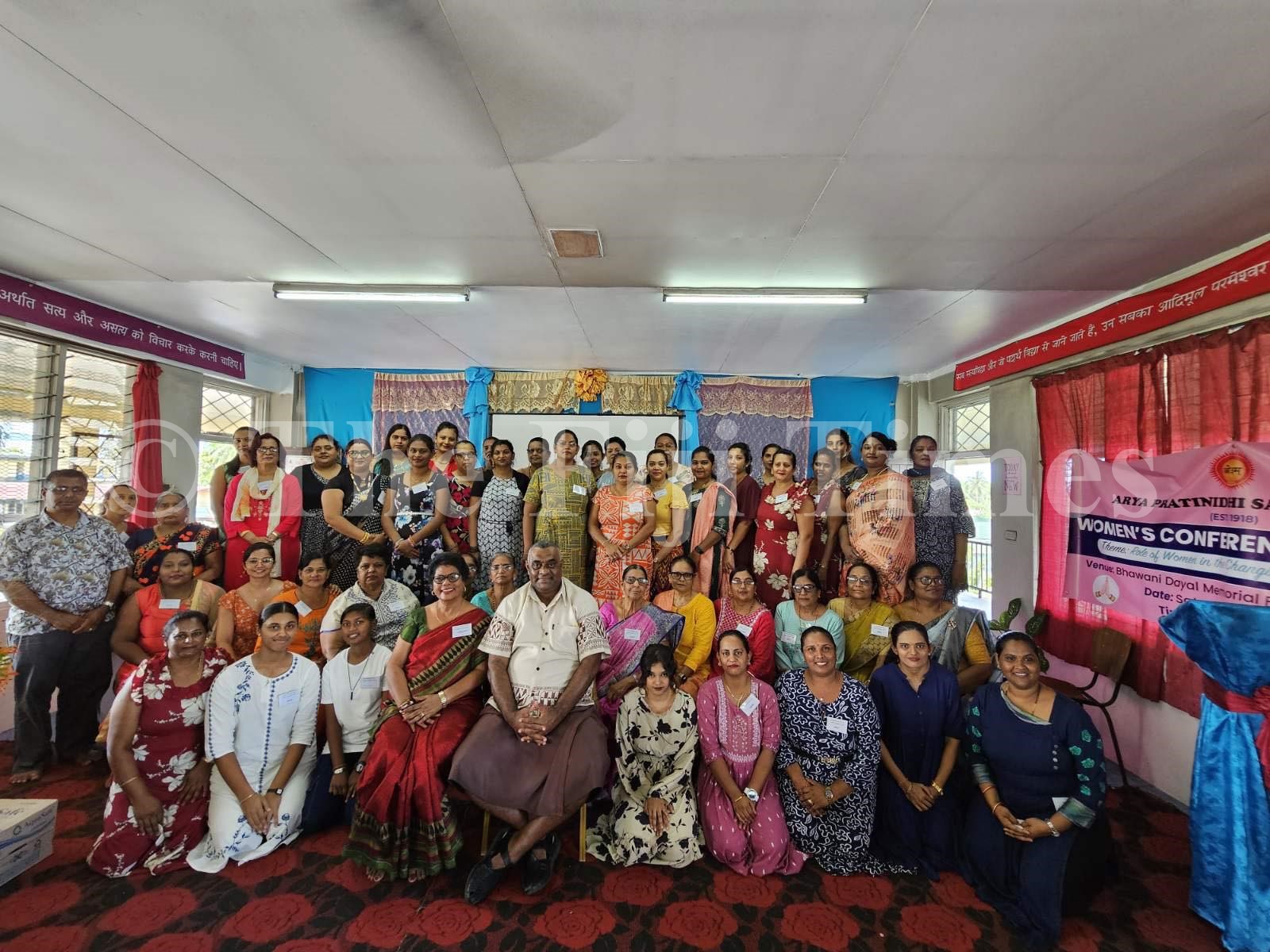The revelation that more than 220 businesses in Fiji are finding it difficult to fill positions for electricians, refrigeration and air conditioning technicians, plumbers, construction and joinery workers and automotive
mechanics will no doubt attract attention.
This is part of the National Training and Productivity Council’s Industry and Community Discussion Forum Report 2022.
It states a total of 408 organisations from Fiji were part of the month-long Industry and Community Discussion Forum held in March this year.
The survey found that to fill the vacant occupations, 60 per cent of companies hired part-time workers rather than permanent employees, 70 per cent of companies outsourced work to external vendors rather than upskilling staff, and 63 per cent of companies hired expatriates.
The forum discussion and survey also found that upskilling and reskilling programs and on-the-job training (apprenticeship) were most effective and popular among employers for filling skills in vacuum rather than
recruitment and staff redeployment.
We learnt that common skills set sought by organisations and employees were IT training, digital skills, work-life balance, OHS, leadership and management, plumbing, manufacturing and AutoCAD, to name a few.
Through the survey we learn that Fiji had a highly educated and skilled workforce – 25 per cent were Bachelor’s graduates, and 44 per cent had postgraduate qualifications including 3 per cent post-doctoral degrees.
In terms of work experience, 18 per cent had one to five years of experience, 22 per cent had 10-15 years, and 16 per cent had more than 26 years of experience.
Questions will obviously be asked about the scenario that exists now.
What happened?
How did we get to this stage?
In saying that, while there would be some concern, there would also be a sense of appreciation for the opportunities that are available in Fiji.
However, there would be interest in what it is that is causing this gap in the workforce.
Because if we are able to churn out people who are able to fill in these gaps, then the question is where are they right now? And what is holding them back?
And how many of them are out there?
Perhaps it could also raise the issue of the financial status of people and how that impacts the search for higher education for the masses.
We also note that the system, in terms of education is churning out highly qualified Fijians.
That is encouraging.
The challenge though is to connect the dots to nurture that transition to the employment sector, and whether it is embracing of a wide cross section of the population.
Then there will be the issue of financial stability.
The fact that many companies outsourced work to external vendors rather than upskilling staff, and some hired expatriates is interesting though.
It is important that we understand the implications of such a situation on our nation.
It is also important that we look for solutions that are viable and good for us all.
The best thing is that we are already discussing this issue.





